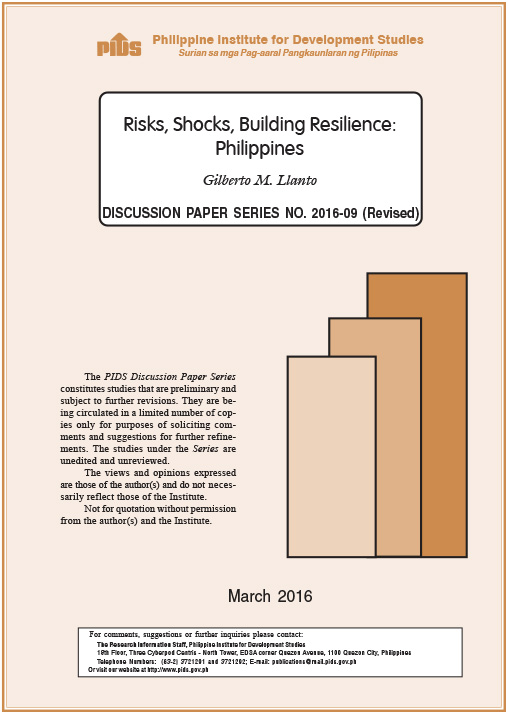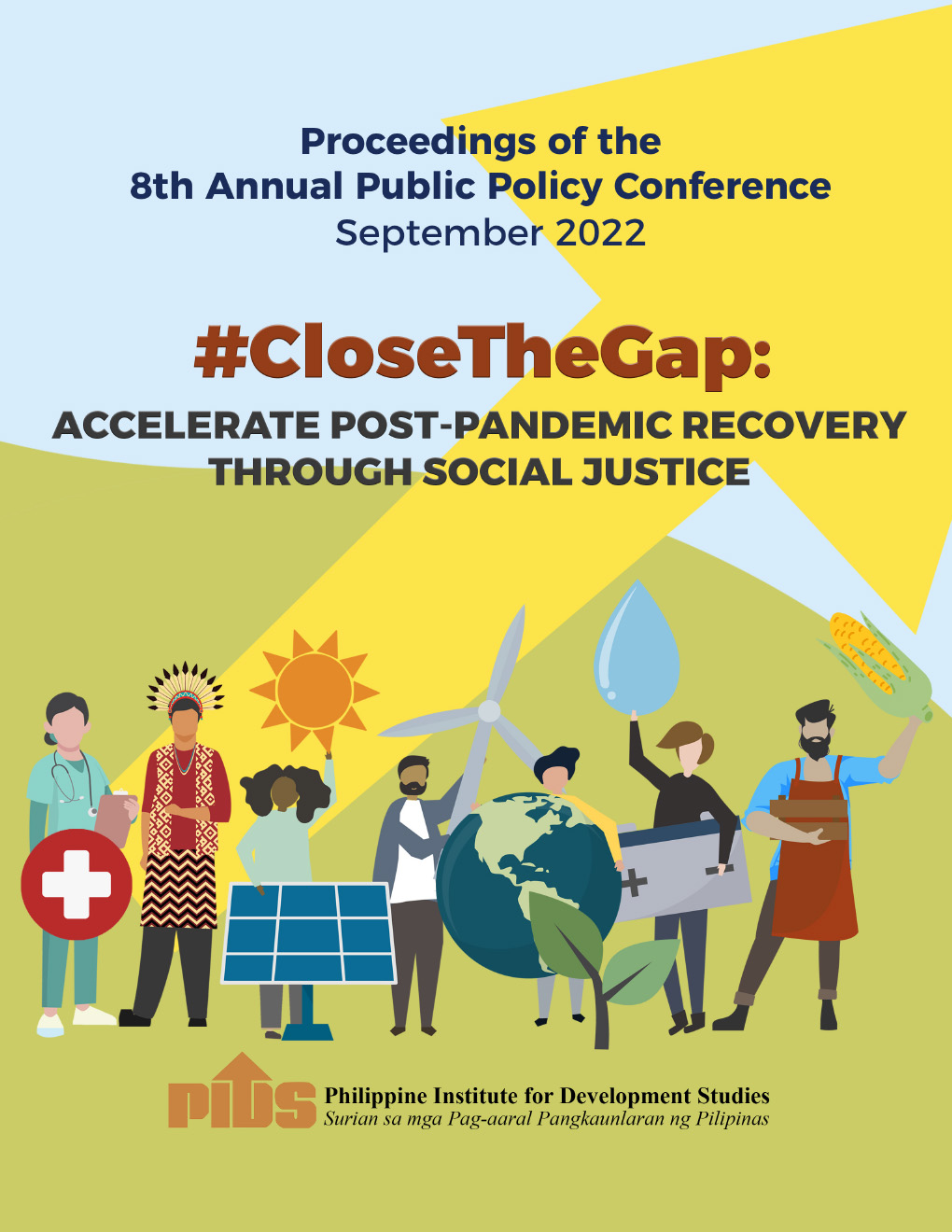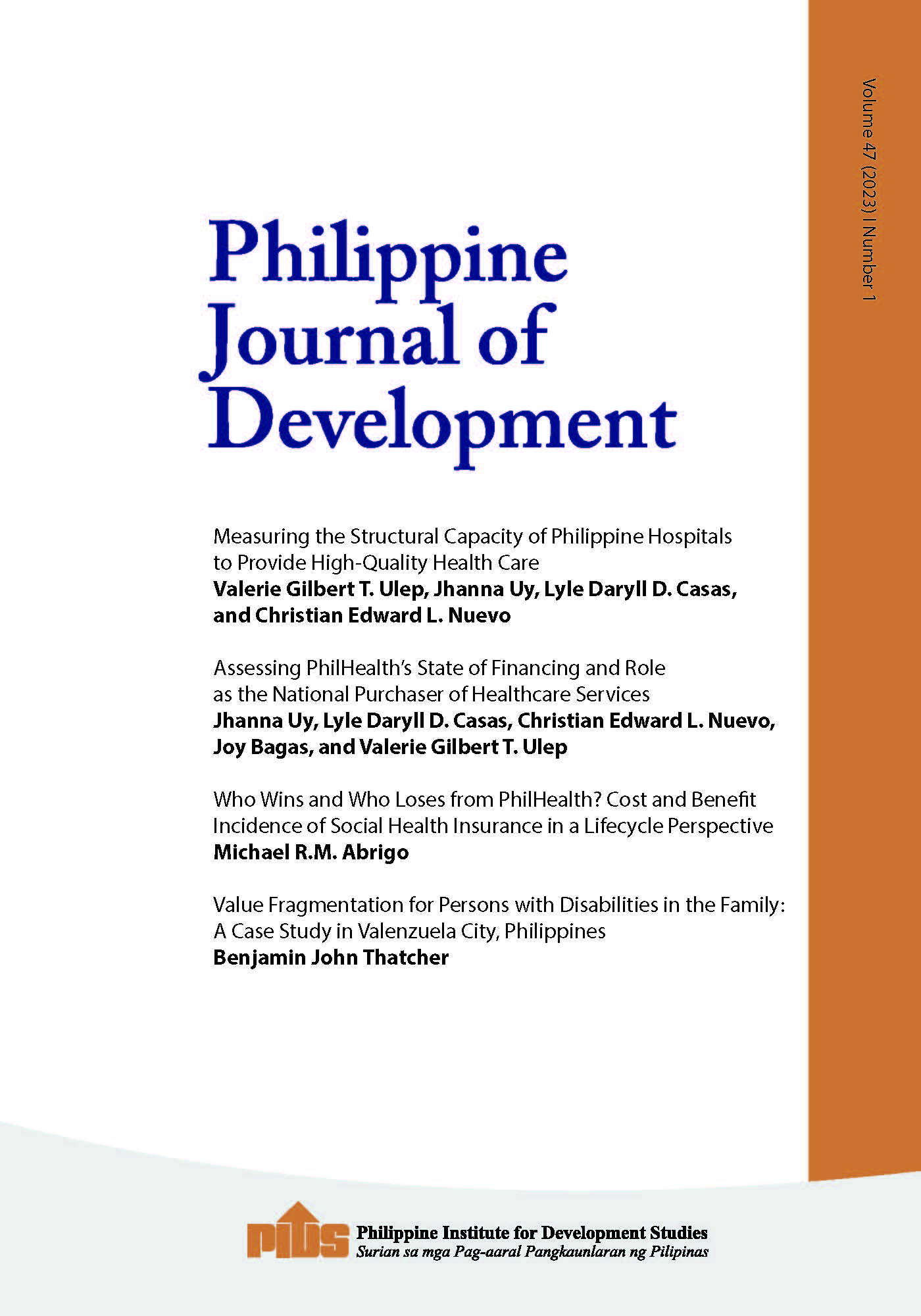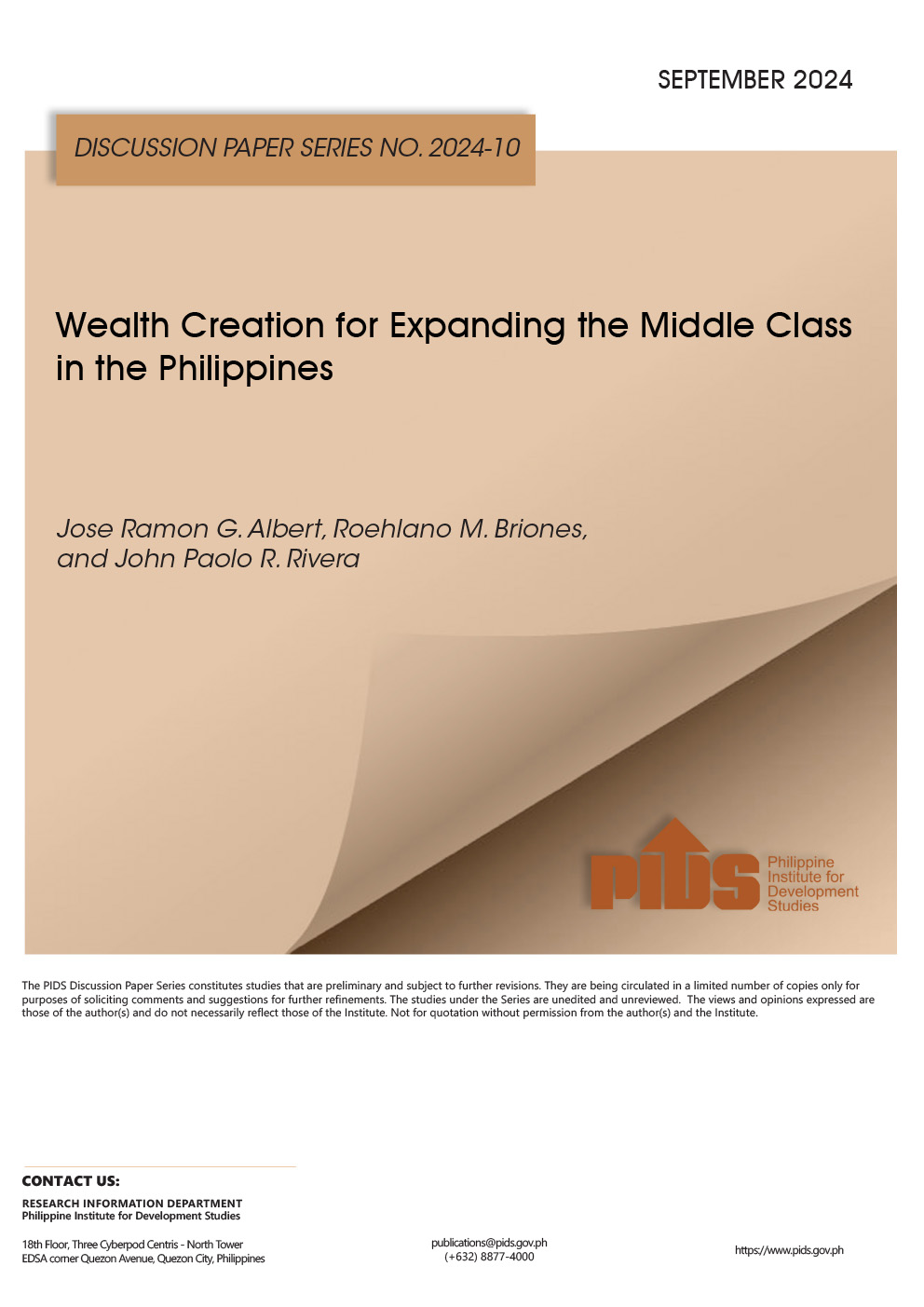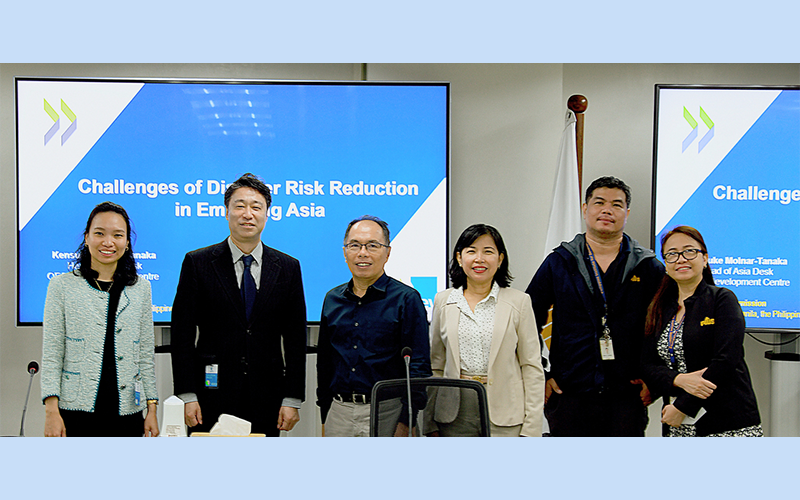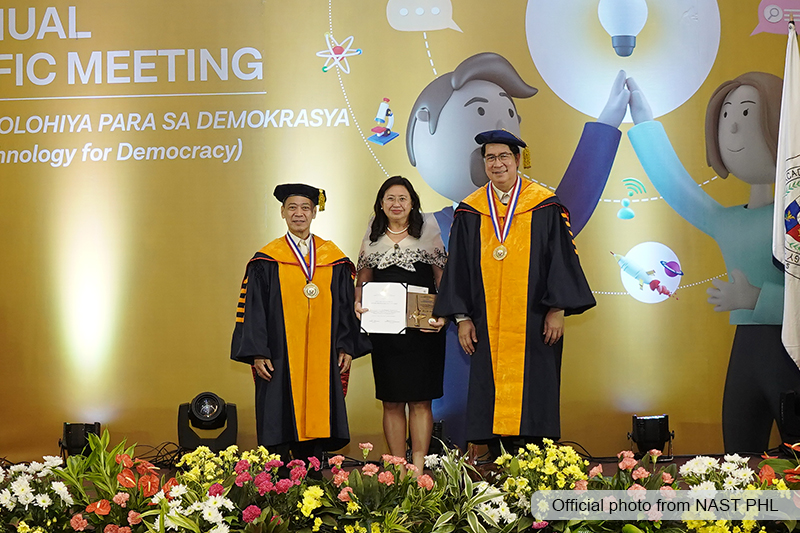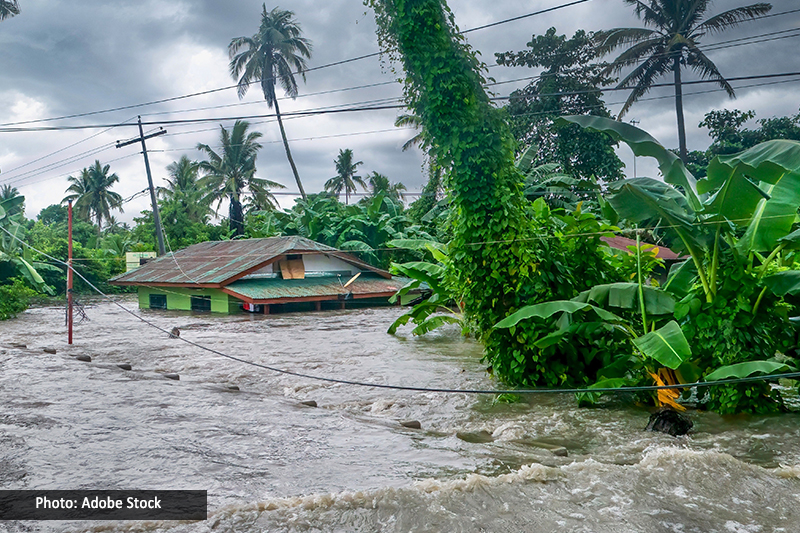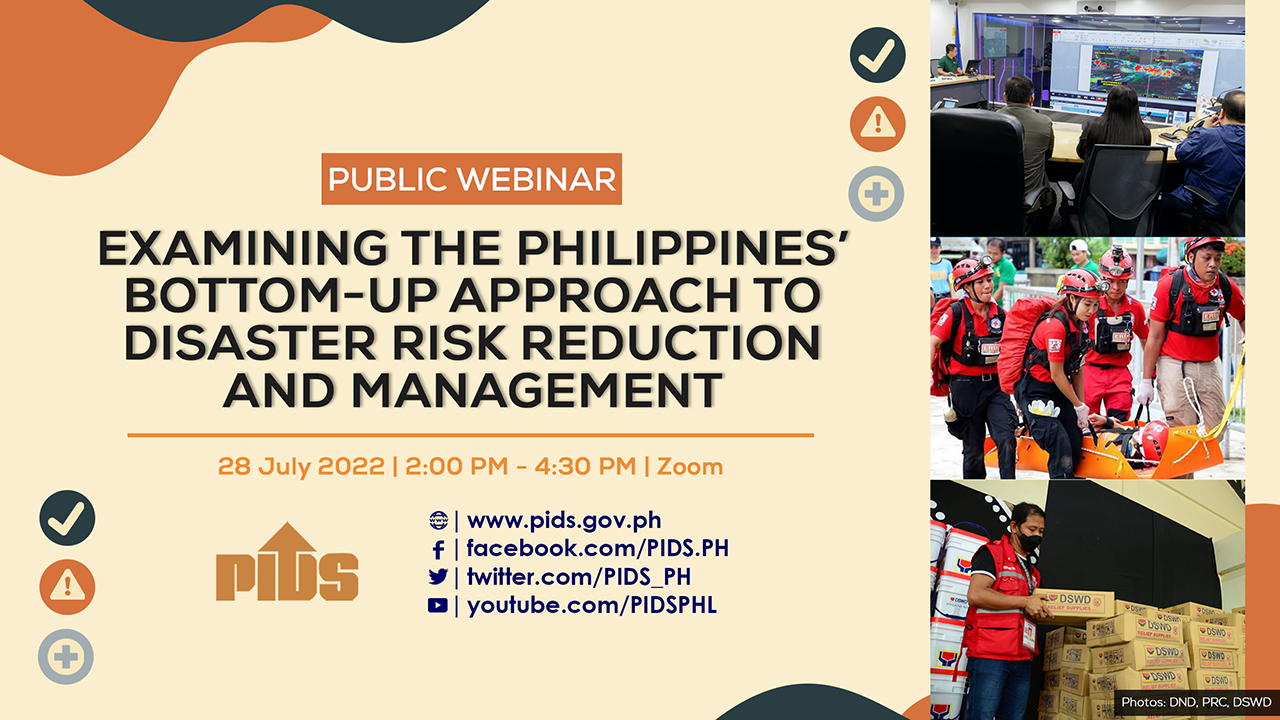Globally, the rise of new and unexpected risks and shocks has impacted stable and poor societies alike, and some, especially the latter, have become increasingly dysfunctional. The Philippines is peculiarly challenged to build economic resilience as indicated by its high-risk exposure and vulnerability. The objective of this paper is to point to policymakers the importance of resilience thinking and the formulation of appropriate policy interventions to build economic resilience. Policymakers should be aware and conversant about risk analysis, risk management, and what policies can best respond to exogenous shocks. This is to say that such policies should be underpinned by policy analysis and research on resilience systems. There is also need for a shared vision in the communities and in the larger polity about what to do about those risks. Building economic resilience requires finding effective instruments, that is, policies and interventions to deal with different risks, shocks, for example, natural disasters, pandemics, financial crisis, and the traumatic effects of those shocks.
Citations
This publication has been cited 3 times
- Albert, Jose Ramon and Connie Dacuycuy. 2017. Evaluation and assessment of the effectiveness of the DSWD internal and external convergence as operationalized by the regional, provincial, and city/municipality action teams. Working Papers id:12299. eSocialSciences.
- Albert, Jose Ramon G. and Connie B. Dacuycuy. 2017. Evaluation and assessment of the effectiveness of the DSWD internal and external convergence as operationalized by the regional, provincial, and city/municipal action teams. Discussion Papers DP 2017-32. Philippine Institute for Development Studies.
- Israel, Danilo C. and David Feliks Bunao. 2016. Research on urban resilience to natural disasters of households, firms, and communities in the Philippines. Discussion Papers DP 2016-41. Philippine Institute for Development Studies.

